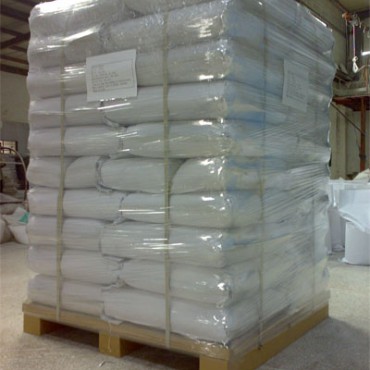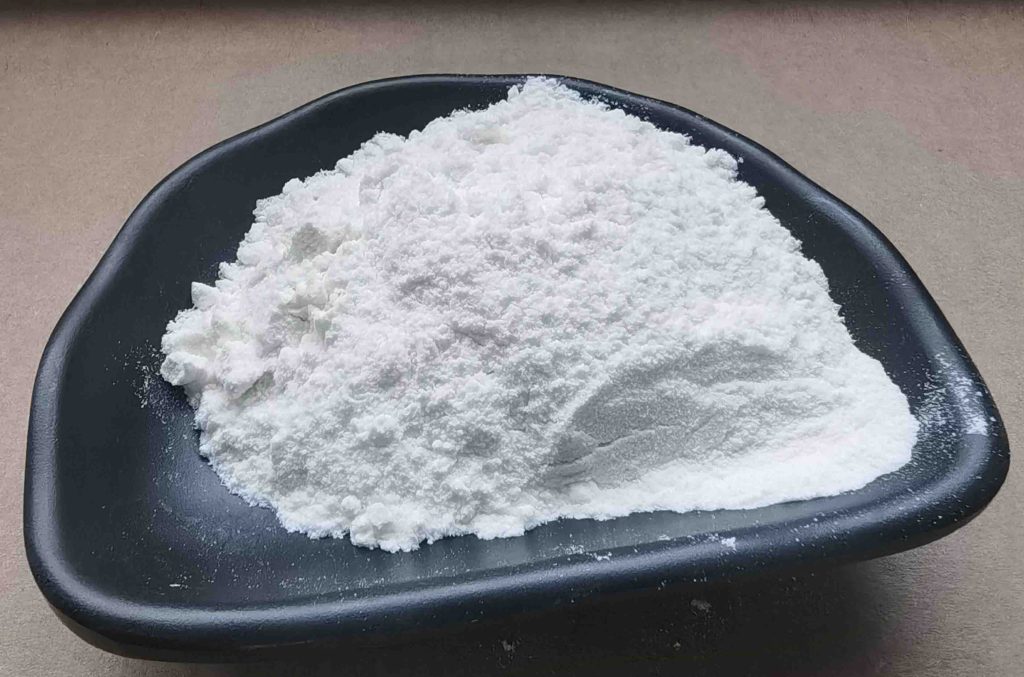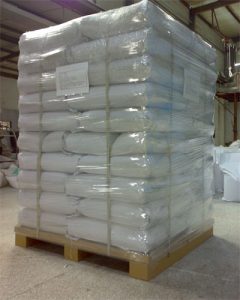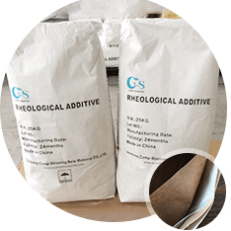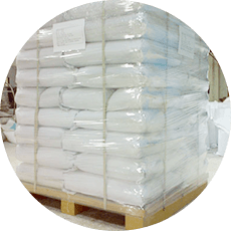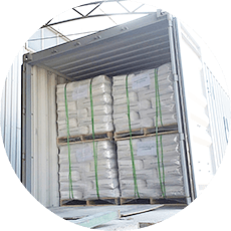As we all know, bentonite drilling mud is one of the clay minerals that are widely used in the world today and are more economical in value.Its resources in the world are relatively small, but its consumption is very large.
At present, many countries in the world attach great importance to the exploration and development of sodium-based Bentonite Drilling Mud, and strive to reduce its mining costs, actively expand the industrial reserves of raw ore, and prepare for future development.
Scientific researchers in many countries are also very active in investing in and developing high-quality organic bentonite raw materials, the main purpose of which is to hope that Bentonite Drilling Mud will become a sustainable product.
Generally speaking, its normal dosage in the system is usually 0.2%~3.0%, with a moderate proportion-to-weight ratio.
In the long run, the industrialized countries in the next few years will still focus on the comprehensive utilization of Bentonite Drilling Mud resources.
From beneficiation and purification to deep processing technology, they will invest more scientific research efforts, and effectively protect and regenerate the waste basin soil.
The research of activated clay ore will be more active.
Oil based mud can effectively penetrate various complex formations. If encountering high rock formations in Qijiang shale that are not easy to expand, strict punishment will be imposed, and it can effectively prevent collapse and sticking of the drill.
Because organic bentonite can effectively prevent expansion and protect the permeability of oil and gas layers, it is suitable for low-pressure or high-pressure oil and gas layers.
It is particularly worth mentioning that organic bentonite has strong high-temperature stability, four cores, and can transmit deep wells. Oil based mud can withstand carbon dioxide and the corrosiveness of water to metals, So it can extend the service life of the drill bit and serve as a new drilling fluid.
Here we need to point out that the guerrilla Jekani will mainly be used to solve the pressure difference sticking accidents that occur during the drilling process. Yujekani’s general rheology and lawyer have good performance, strong pollution ability, and a small filter cake viscosity coefficient.
In the formulas of emulsified oil-based drilling fluid, such as chemical oil-based drilling fluid and full oil-based drilling fluid, and some formulas developed by Jecanoni, if the base oil is diesel, we generally recommend our CP982cp992 organic bentonite. If your base oil is mainly mineral oil, we recommend that you use our CP250a organic bentonite to make the mud have good suspension performance, especially in terms of protecting the wellbore.
It can maintain stable chemical and physical stability even at a temperature of 230 ℃ and a pressure of 108 Pa.
The CP982 organic bentonite used by the common people is an improved type of argument.
Rheological performance has the advantages of good marketing efficiency, easy dispersion, thixotropy performance, and particularly small fineness. It is suitable for use in low to medium polarity systems. When dealing with high-quality products from abroad, the product performance of CP982 still maintains an advantageous position.
Here we will talk about its three major advantages.
- One is that its transparency is particularly high. Due to its outstanding dispersion performance advantage, the dispersed particle size distribution is relatively concentrated and uniform, so the transparency will be very high.
- Secondly, it is very easy to disperse. The product does not need to add polar activator when dispersing. The speed of sharing and gel is very fast, so the fineness of dispersion is also very fine
- Relatively high viscosity.
The products have high gel viscosity and strong thixotropic properties in low and medium polar solvent systems or just digital systems, which is liked by many users.
In other words, this is an organic bentonite with self activation ability. It can fully open the lamellar structure without adding chemical polar activator. Therefore, it does not need to prepare domain gel, and can be directly added with dry powder at any stage of the oil field drilling paint ink preparation process.
At present, this type of organic bentonite drilling mud is mainly used for oil field drilling fluid, mud sealant, lubricating grease industrial area, anti-corrosion paint, all paint, wood paint area, wood primer, and so on.
In terms of packaging form, we will customize it according to customer requirements. We use kraft paper bags or polyethylene woven bags as the outer packaging, polyethylene film bags as the inner packaging, double layer packaging or reverse mouth bag packaging.
Our most common packaging method is 25 kilograms per package.We suggest that you store it in a dry and ventilated condition, provided that the packaging is not opened and the temperature is between 0 ° C and 30 ° C.
Its validity period is 24 months. We can also package it into 50 pounds, each package or one ton, or arrange the packaging format according to the specific requirements of the customer. In short, if you have any packaging requirements, please do not hesitate to ask us, and we will provide you with a satisfactory packaging method.
Our organic bentonite loses weight on ignition, ranging from 29 to 34.
Its appearance is light yellow powder, white powder, or almost white powder.
Its appearance fineness is greater than or equal to 95%, and its moisture content is below 3.5%, all of which are standard and qualified products, with a viscosity of 1.5 Pa or more.
On the appearance of the packaging, we usually display our product name, organic bentonite drilling mud, and the weight of each package and its batch number, as well as Chinese manufacturing.
 Email: [email protected]
Email: [email protected]


